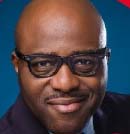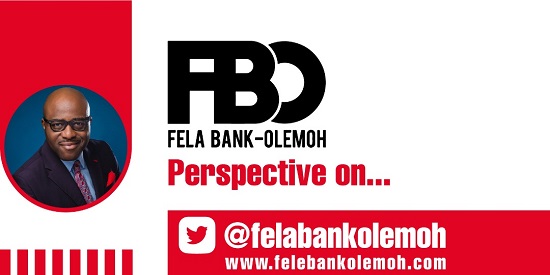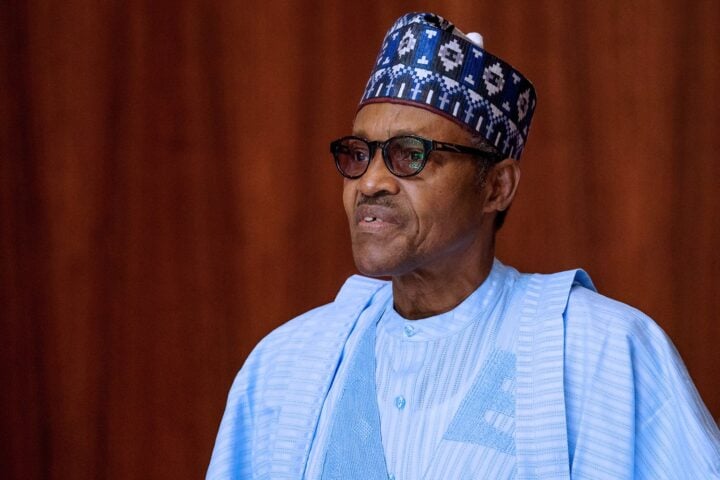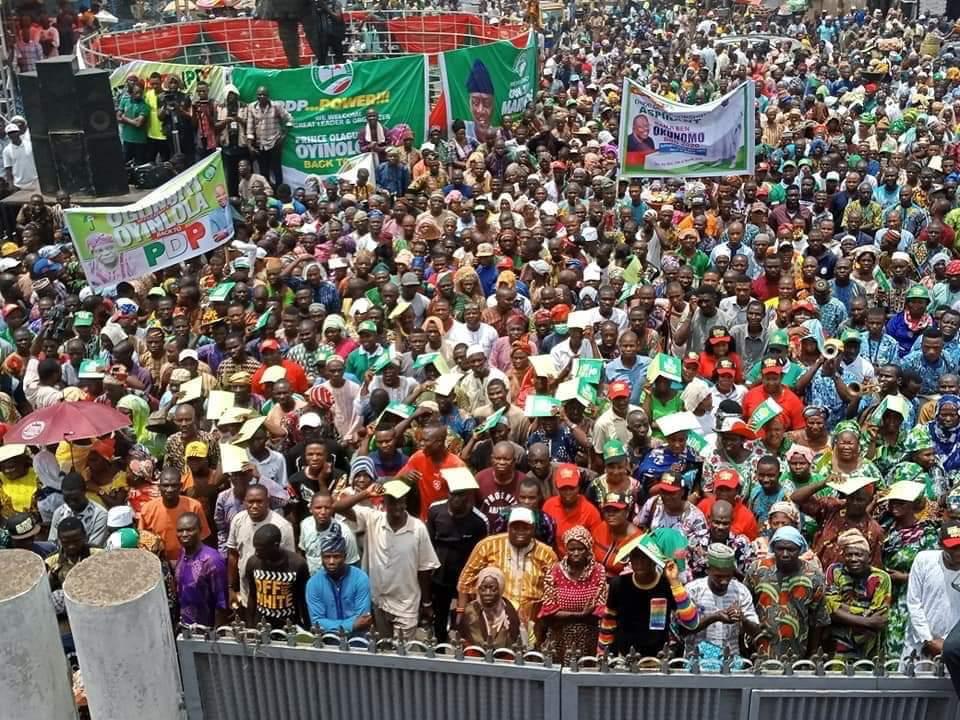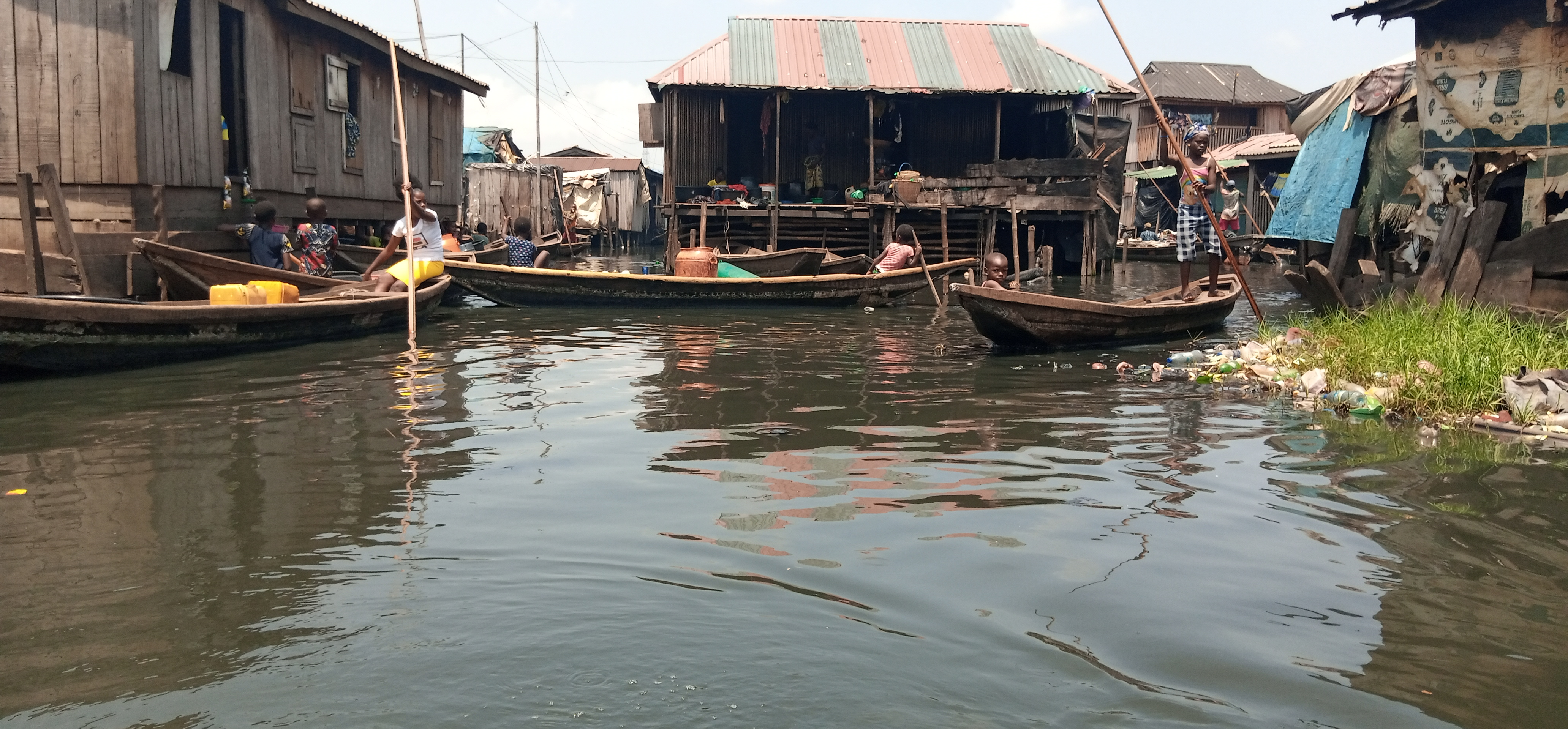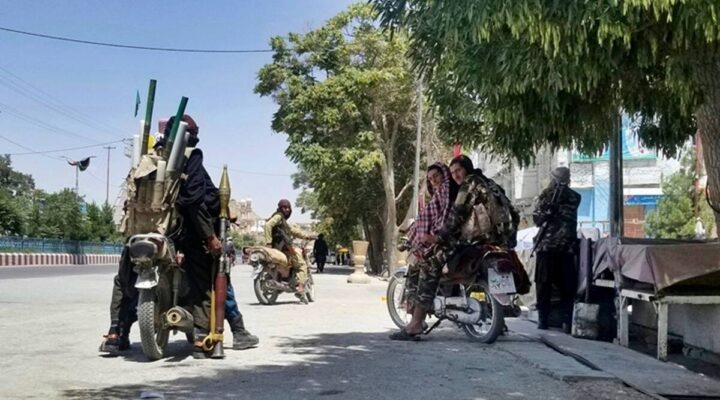This is a follow-up and final part of my article on Generation Unlimited (GenU) Nigeria. If you recall, GenU is a United Nations program which was launched in September 2018 in collaboration with over 200 partners. As at today, it has reached more than 100 million young people through innovations and programmes in over 40 countries across six continents. In Africa, GenU has been launched in Kenya, Rwanda, Ethiopia, South Africa, The Republic of the Niger and now in Nigeria. GenU Nigeria’s objective is to guarantee and upskill 20 million Nigerians between the ages of 10 – 30 and ensure they are enrolled in some type of education, learning, training or work by 2030.
In this article, I will drill down on the three key components of GenU Nigeria, its implementation strategy and my experience with a similar initiative during my time in Lagos state.
- Digital Skills Development
- Workforce Readiness Programme (Entrepreneurship/ Apprenticeship)
- Youth Engagement
Digital Skills Development
Under this framework, The Learning Passport (an online, mobile and offline technology platform enabling high quality, flexible learning) and GIGA (a school to school connectivity program) has recently been launched. Both the Learning Passport and GIGA creates access as well as develops content for e-learning across the country. This would also complement the results from the recent partnership between Microsoft and the Nigerian government who are also committed to the GenU Nigeria project and intends to upskill 5 million Nigerians – in accordance with Nigeria’s Economic Sustainable Growth Strategy.
Advertisement
Workforce Readiness Programme
The second key component of GenU Nigeria is the – Workforce Readiness Programme (Entrepreneurship/Apprenticeship). The private sector will be playing a huge role by ensuring that young Nigerians and prospective employers have a platform for convergence. They will also be implementing programs that ensure young people nationwide can access relevant trainings which will equip them for the evolving world of work. In addition, one of the goals of this component is to upskill 300,000 young Nigerians 15 – 24years by the last quarter of 2021 using Jobberman’s bespoke Soft-Skills Curriculum with plans to upskill 5 million youths by 2025. The modules include; personal effectiveness and time management, emotional intelligence, creative thinking, business etiquette, creativity and idea generation. The goal is the placement of 100,000 jobseekers in dignified work by the final quarter of 2021. These placements will include – internships, part-time and full-time roles across the agricultural, technology and creative sectors through a democratic access to jobs and eventually place an estimate of 3 million jobseekers in jobs across the country.
Youth Engagement
Advertisement
The final component is that of – Youth Engagement. UNICEF’s Youth Marketplace – YOMA; is a digital marketplace for youths across Africa to build and transform their future by actively engaging in social impact tasks, learning and earning opportunities. The goal is to have about 300,000 youth engagements in YOMA related activities (youth challenges, social impact tasks) by the last quarter of 2021 with a potential reach of 1 million youth engagements by 2023 through YOMA and other initiatives. Currently, the Generation Unlimited Youth Engagement programme has reached over 450,000 youths and aims to reach a total of two million over the next two years.
For instance, under the youth engagement component; Habiba (24 years old), Ojumah (19 years old) and Shinen (25 years old) are young Nigerians interested in applying technology to improve health systems and agriculture, respectively. As a result, they brought these ideas to BetterTogether, a global and virtual program hosted by Goodwall in partnership with Generation Unlimited. They pitched their projects and won prizes to start putting those ideas into practice.
The Generation Unlimited Youth Challenge is also a global initiative under the youth engagement component that provides young people a platform to offer innovative and scalable solutions to the most pressing challenges affecting them. For the second edition, code-named Youth Challenge 2.0, calls for entries were made in the Education, Entrepreneurship, Empowerment and Employability categories. Team-MUDA, one of two Nigerian finalists, was awarded overall winner of the 2020 Generation Unlimited Youth Challenge 2.0’s Education Category. They created the Street2School initiative, with the goal of reaching 2,000 young people aged 13 to 24 by 2023 through their online and offline community learning hubs. This also provides vulnerable children and young people from marginalized communities across the targeted North-East states with access to basic learning contents and alternative learning pathways to basic literacy, numeracy and soft skills training.
In addition, UNICEF’s UReport is a free user-centered youth engagement tool based on SMS messages designed to strengthen community-led development, citizen engagement and positive change. Working closely with the National Youth Service Corps (NYSC), the Nigerian Girls Guide Association and other relevant organisations – 2 million Ureporters will be enlisted by the final quarter of 2021. It currently has a national reach of 3.7 million which generates ideas and opinions from youth and for youth.
Advertisement
Implementation
In terms of execution, GenU Nigeria will be implemented in 12 states distributed across the 6 geo-political zones in the country with the pilot implementation carried out in Lagos and Kano.
In close collaboration with the Federal Ministry of Education, Learning Passport plans to connect about 5 million primary/secondary aged children (including out-of-school youths) by the end of 2021 across Kano and Lagos and a projected reach of 25 million across Nigeria with attention on the other 10 GenU focused states by 2023.
Similarly, the School-to-School Connectivity (DigitalNaija) aims to map 1,000 primary and secondary schools in Lagos and Kano. Whilst infrastructure-based programs such as the Learning Passport and Digital Naija will commence in the Pilot states, the available online opportunities are not state-specific and are available to all Nigerians.
Advertisement
Memory Lane – ReadySetWork
GenU Nigeria strongly reminds me of the work we did in Lagos during my time as the Special Adviser to the Governor on Education, Lagos State (2015-2019) where we spearheaded the implementation of several human capacity development initiatives including ReadySetWork, CodeLagos, Eko Nke Koo (Lagos is Learning) and many more.
Advertisement
ReadySetWork (RSW) in particular is a 13-week entrepreneurship and employability program that prepares final year students for immediate entry into the workforce as employees and employers of labour by equipping them with market-aligned soft skills, business tools and a mindset reorientation to the world of work.
The project launched its pilot edition in 2016, training 500 final year students from 3 tertiary institutions – Lagos State University (LASU), Lagos State Polytechnic (LASPOTECH) and Lagos State College of Health Technology (LASCOHET). A total of 472 students graduated from the programme and we were successfully able to place 197 of these students in internships and apprenticeship opportunities in various corporate organizations including PwC (PricewaterhouseCoopers), GTBank Plc., FCMB, Total, Access Bank Plc, SystemSpecs to mention a few.
Advertisement
In 2017, ReadySetWork trained 2,000 final year students from 6 tertiary institutions; Lagos State University (LASU), Lagos State Polytechnic (LASPOTECH), Lagos State College of Health Technology (LASCOHET), Adeniran Ogunsanya College of Education (AOCOED), Michael Otedola College of Primary Education (MOCPED) and University of Lagos (UNILAG).1000 of those students were placed in internship and apprenticeship opportunities in various corporate organizations including PwC (PricewaterhouseCoopers), Leadway Assurance, FCMB, Total, Meadowhall Schools, SystemSpecs and Estatelinks.
In addition, the ReadySetWork Online Academy was launched, to provide training in foundation courses for up to 10,000 students in their penultimate year who seek to participate in the full-fledged 13-week program during their final year. In 2018, the programme had expanded and trained 5,000 final year students drawn from 8 Federal, Private and State tertiary institutions. In addition, 20,000 students in their penultimate year from all 8 institutions were simultaneously admitted into the RSW online learning academy to prepare them for admission into the program in their final year.
Advertisement
The uniqueness of the RSW program was that it was run by a volunteer faculty of professionals from across the country. Yes, GenU Nigeria is on a larger scale and an International Initiative, but it provides customized local solutions that are designed to work in Nigeria, which is why I’m excited to be a part of it all.
So here we go, GenU Nigeria is here – let’s all make it work!
“The power of youth is the common wealth for the entire world. The faces of young people are the faces of our past, our present and our future. No segment in the society can match with the power, idealism, enthusiasm and courage of the young people.” – Kailash Satyarthi
Till the next time we meet here, remember we all have “A Role to Play.”
Bank-Olemoh is Senior Special Assistant to the President on Education Interventions.
Views expressed by contributors are strictly personal and not of TheCable.
Add a comment
